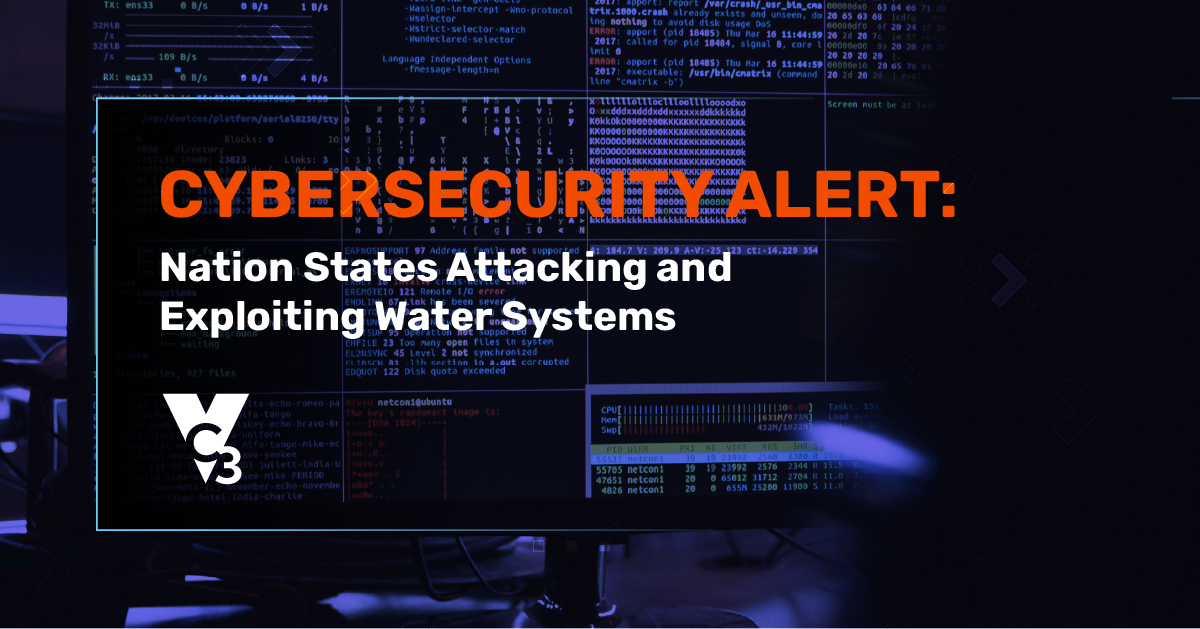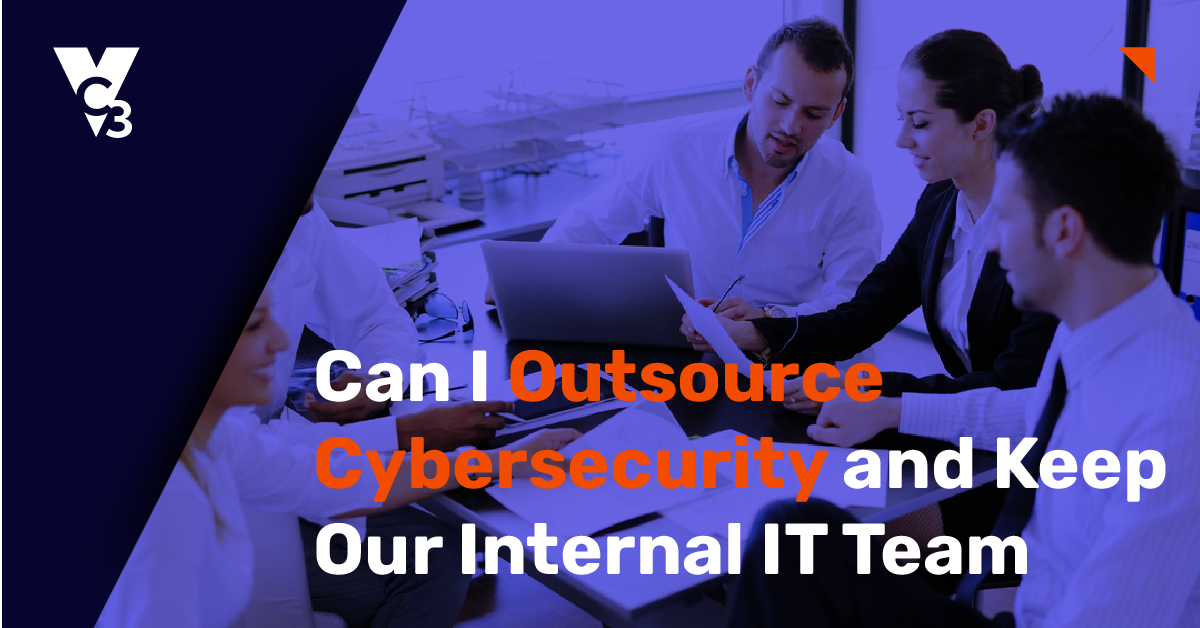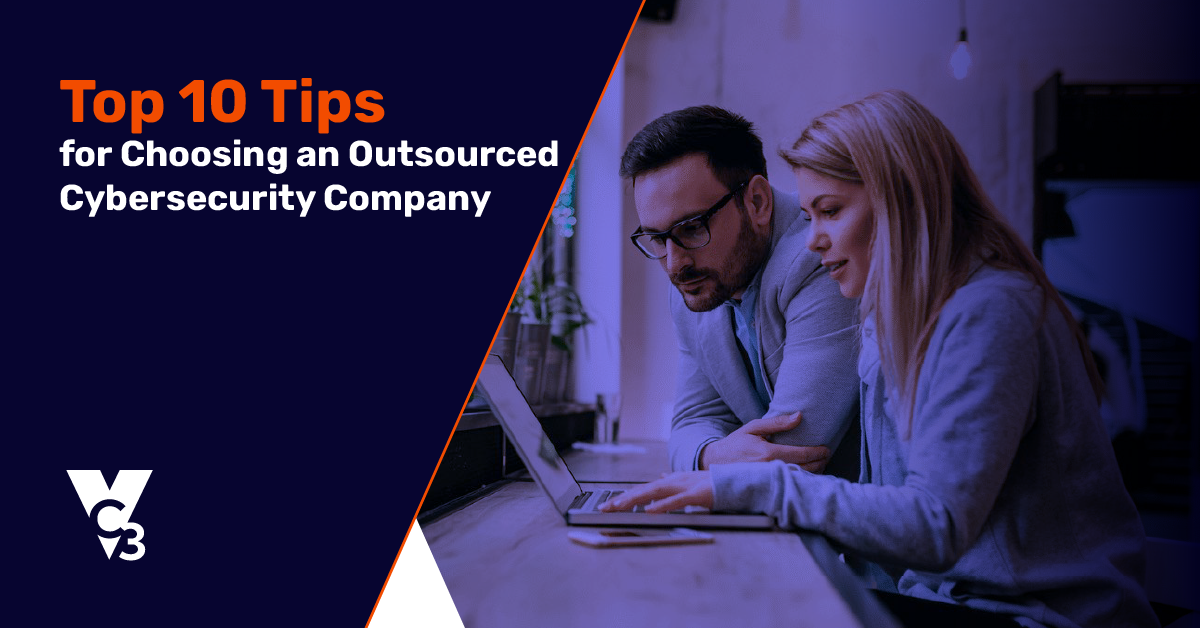As companies all over the world prepare to modify their working practices in the face of the novel coronavirus outbreak, a number of related issues have been made even more important. As the global workforce becomes more dispersed, and companies everywhere move to rely on remote working (some for the first time), things like disaster preparedness, crisis management, and the flexibility and responsiveness of companies in the face of new challenges are brought into the light.
Equally, remote working brings with it new challenges in terms of cybersecurity. Outside of the more controlled confines of the traditional office space, good cyber hygiene is more important than ever and one of the most important elements of an organization’s cyber security systems and processes.
Cyber hygiene is all about learning how to treat your online activities in the same way as you do your day-to-day life and to think proactively about your cybersecurity. In the same way, as you clean your teeth, wash your hands and eat your vegetables to stay healthy, proper online hygiene is a key part of resisting cyber threats and online security issues and in light of the new challenges that the current crisis has presented is more important than ever.
At VC3, we are dedicated to providing support and success to our clients and want to help everyone adapt to the new normal that we currently find ourselves in. To that end, here are our seven tips to ensure good online hygiene, and keep your organization safe and secure, whatever challenges you might face in the coming months.
Install reputable endpoint detection and response software
Using the right tools is an essential part of ensuring good cybersecurity. Just like trying to have a bath without a tub, managing your cyber hygiene without the right tools will result in some spillage. Reputable endpoint detection and response software is a must and will go a long way toward protecting data stored on home computers, laptops, devices, etc. For companies moving to remote working for the first time, it will be essential to ensure staff is equipped with the right tools to allow them to work from home safely. Otherwise, weak links in your cyber security will soon appear.
Use network firewalls
A firewall forms a protective barrier between your network and the threats of the outside world. A firewall limits who can send you information and can be a huge benefit in dealing with a variety of cyber attacks. Every piece of information that goes in or out of your network has to pass through your firewall and can be blocked based on certain security criteria. A firewall can prevent unauthorized access to your network, monitor communications between your network and the rest of the digital world, and alert you to unauthorized attempts to connect to the network. Firewalls can only protect against unwanted information coming in and out, so they are vulnerable to cyberattacks using emails (such as virus-infected attachments or phishing attacks), but they still are a useful element of online hygiene.
Update software regularly
Cybercriminals are always looking for new ways of breaching cybersecurity systems and are constantly updating their methods. Running old software is a bit like not washing your hair for a few days. You might get used to it, but others will soon notice, and the knock-on effects could be disastrous! Software companies do their best to stay one step ahead of hackers and bad actors and will provide patches, fixes, and glitch repairs in their updates. If you don’t update your software regularly, however, you are leaving yourself at the mercy of cybercriminals and essentially leaving your back door wide open.
Set strong passwords
You can work with the strongest, most up-to-date cybersecurity technology around and implement the most rigorous of measures, and it will all be for nothing if your passwords are weak. Natural human laziness and forgetfulness can lead to employee passwords being a highway into your network, but implementing good password habits is also one of the easiest ways of locking down your system. Long, complicated passwords with random combinations are great, but memorable dates, facts, and names should be avoided, as it is easy for cybercriminals to search social media to find these kinds of clues. It (should) go without saying that ‘password123’ is a no-go, although it is amazing how common a password this is! You should also ensure that your staff doesn’t reuse passwords so that a breach on one account doesn’t have a knock-on effect. Finally, no matter how strong your passwords are, change them every few months. While this can be a nuisance, there are several password management services available that can make this aspect of cyber hygiene far less arduous.
Employ device encryption
Most companies encrypt their devices as a matter of course. But as we move to a more remote, dispersed workforce and employees are beginning to work from home for the first time, encrypting a range of other devices may become necessary. Laptops, smartphones, tablets, and external hard drives may all now contain sensitive information and need to be encrypted to maintain the same levels of cybersecurity as before. Don’t let a rogue unencrypted memory stick spoil the rest of your hard work!
Back up regularly
Ransomware is a growing threat, and some of the biggest and most well-known cyber attacks in recent times, such as WannaCry and Bad Rabbit, have taken this approach. Ransomware attacks take over a computer or network, shuts down or encrypts access to files, data, and information, and releases access only when a ransom is paid. Ransomware attacks are hard to prevent, but backing up your data on a regular basis is a wonderful way of mitigating their seriousness. If you are fully backed up, then a ransomware attack just means a system reboot before you are back to full operational capability. If instilling backup procedures in your organization isn't feasible, then internet services such as Carbonite can automate it for you, as can both Mac and Windows operating systems.
Secure your router
One often forgotten weak point in a cybersecurity system can be your wireless router itself, and this becomes an even bigger potential problem when your workforce is at home, working off personal IP addresses and home wireless broadband. Securing your router is a fairly simple task, requiring nothing more than changing the default password that the router came with and ensuring that it offers WPA2 or WPA3 encryption. The key element here is ensuring that any staff who work remotely are doing the same.
Practicing good online hygiene is rarely complicated but does often require a change of mindset, particularly for organizations unaccustomed to the different challenges presented by a more remote workforce. Raising awareness, carrying out training, and instilling good online hygiene habits in staff members will help make your systems and processes that much more secure and go a long way toward keeping your organization safe and secure online.





